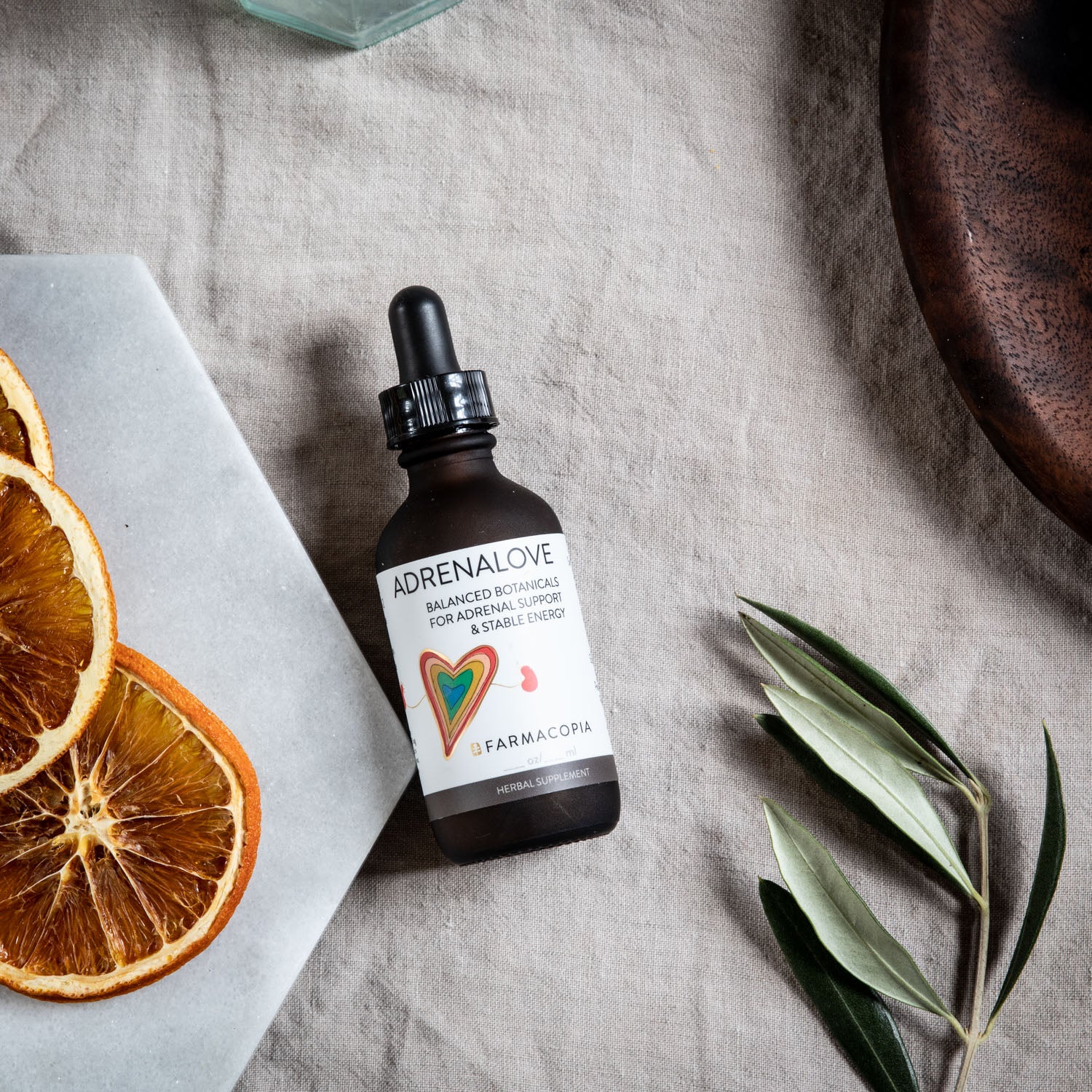 Author: Lily Mazzarella
Author: Lily Mazzarella
Sugar. It’s the worst partner you’ve ever had. And it’s time to leave it in the X-files along with his old sweater and that tattered napkin she first wrote her number on. “What’s so wrong with sugar,” you ask? “It’s always there when I need comforting, makes me giddy at just the thought of it, and never says no to me,” you say. But like a toxic partner, sometimes it takes the hard truth from a dear friend to help you see their insidious ways. Let me be that friend.
Besides aging us (read: causing brittle skin and making us more subject to wrinkles, splotchy redness, acne, and poor quality collagen formation), sugar is now shown to have direct effects on our immune system:
- Sugar is an immuno-suppressant, meaning it decreases your body’s ability to fend off pathogens on a cellular level.
- Like that overnight romp on the couch set by the halo glow of Netflix, it leaves you with that “not so fresh” feeling down under. Sugar causes an overgrowth of opportunistic Candida albicans (the culprit in thrush, vaginal yeast infections, and array of GI symptoms such as bloating, gas, and abdominal pain). And guess what, flourishing candida edges out important types of flora with protective effects on immunity.
- Like dairy, is “mucus-forming.”
- Disturbs mucous membranes, resulting in sore throats, itchy, swollen ear canals, and congested sinuses (it also causes an itchy anus in some people. Fun!).
The list goes on, but I think you get the picture. With an impending cold & flu season, you have more reason than ever to kick the habit, now. (If you need more convincing, check out our Fall Immunity Builder Guide or 21-Day Sugar Detox Daily Guide for more surprising effects of sugar fallout.) For now, here are some nourishing tricks to wean you out of that toxic relationship.
6 ULTRA SIMPLE LIFESTYLE TIPS TO BREAK UP WITH SUGAR
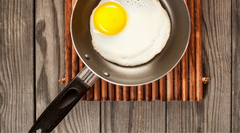
Eat a protein-rich breakfast (about 20-25 grams)

Out of sight, out of mind
Research tells us that if we see junk food, we want it more, and have a harder time resisting its siren call. Put cookies and chips in the back of a cabinet, or better yet, clear your home of them. If the breakroom at work is a sugar minefield, have a talk with your co-workers. TRUST ME, MOST PEOPLE FEEL THE SAME WAY AND DON’T WANT THE DONUTS TO BE THERE. Which is different from not wanting a donut once they are there. Come up with some group agreements, and set an example by bring healthy alternatives like carrots and hummus. If need be, bring your own apple-and-almond butter snack to eat at your desk.
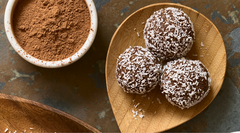
Know your treats
If you know you can end your day with blueberries and coconut cream, or a baked apple with cinnamon and pecans, is it all so terrible?
While some people need to give up all sugar—even fruit—for a period of time while the body rebalances, many folks do well just eliminating processed and refined sugar, and limiting sources like honey and maple syrup. That leaves a whole world of fruits, nuts, “paleo” desserts, and other tasty real food. See our Radical Immune Ball recipe in the Fall Immunity Builder Guide for an energizing, immune-nourishing pick-me-up mid-morning or mid-afternoon. Our cleanse-approved snack guide has even more ideas!
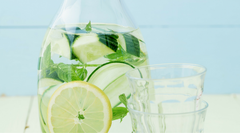
Stay hydrated
Suboptimal hydration can lead to fatigue, confusion, and overwhelm. The substances we seek out most when we feel this way are stimulants, like sugar and caffeine. You may think you want sugar, but really, you’re just thirsty.

Prioritize sleep!
Sleep loss causes blood sugar dysregulation and promotes insulin resistance, which contributes to cravings for sweet foods. Especially the kind of craving you feel at the end of a meal: like, this meal is not complete/I will not be satisfied until I have a sweet something. Subsequently, every cabinet and refrigerator door gets opened and closed 15 times. Of course, sleep is complicated—many people couldn’t sleep more if they tried. Work with a naturopath, herbalist, or acupuncturist to naturally improve your rest, and prioritize sleep: aim for an extra hour per night.
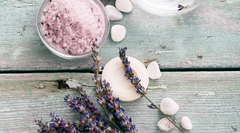
Soothe Yourself
As an alternative to sugar consumption during periods of stress, have a go-to nourishing nervine on hand. Nervines are herbs that gently support rest and relaxation in the nervous system, with no sedation or risk of dependence. Farmacopia’s “In the Moment” and “Feeling Easy” blends do just this! Take extra magnesium (a relaxing mineral) and get into a Lavender bath to soothe your tensions.
Harm Reduction
So you had a horrible week and ate a cupcake or 3. Big deal! Don’t beat yourself up. You haven’t ruined anything. Just dust yourself off and get back on the no-sugar wagon. The most successful folks have often tried (and failed) many times.
That said, these tips can help reduce the unbalancing effects of sugar in your body, once consumed:
Flush it out: Drink a LOT of water—about a glass an hour. Sugar is dehydrating, and you want to flush it out of your system ASAP. Add alkalizing lemon juice to counter the acid-forming effects of pro-inflammatory refined sugar.
Slow the spike: Eat some protein, and take a few fiber pills (or a couple of tablespoons of ground chia or flax) to moderate the fast rise of sugar in your bloodstream.
Use it up: Exercise to burn the glucose swirling in your system as fuel. This will also help prevent the mood and energy slump that occurs after eating sugar, making it easier to get back on the horse.
Counter it: Take extra Vitamin C—500 mg every 2 hours. While the research around C and insulin/glucose regulation is complex and inconclusive, in many years of working with clients getting off sugar, I have found this trick to be very useful in countering the immediate deranging effects of sugar consumption.
